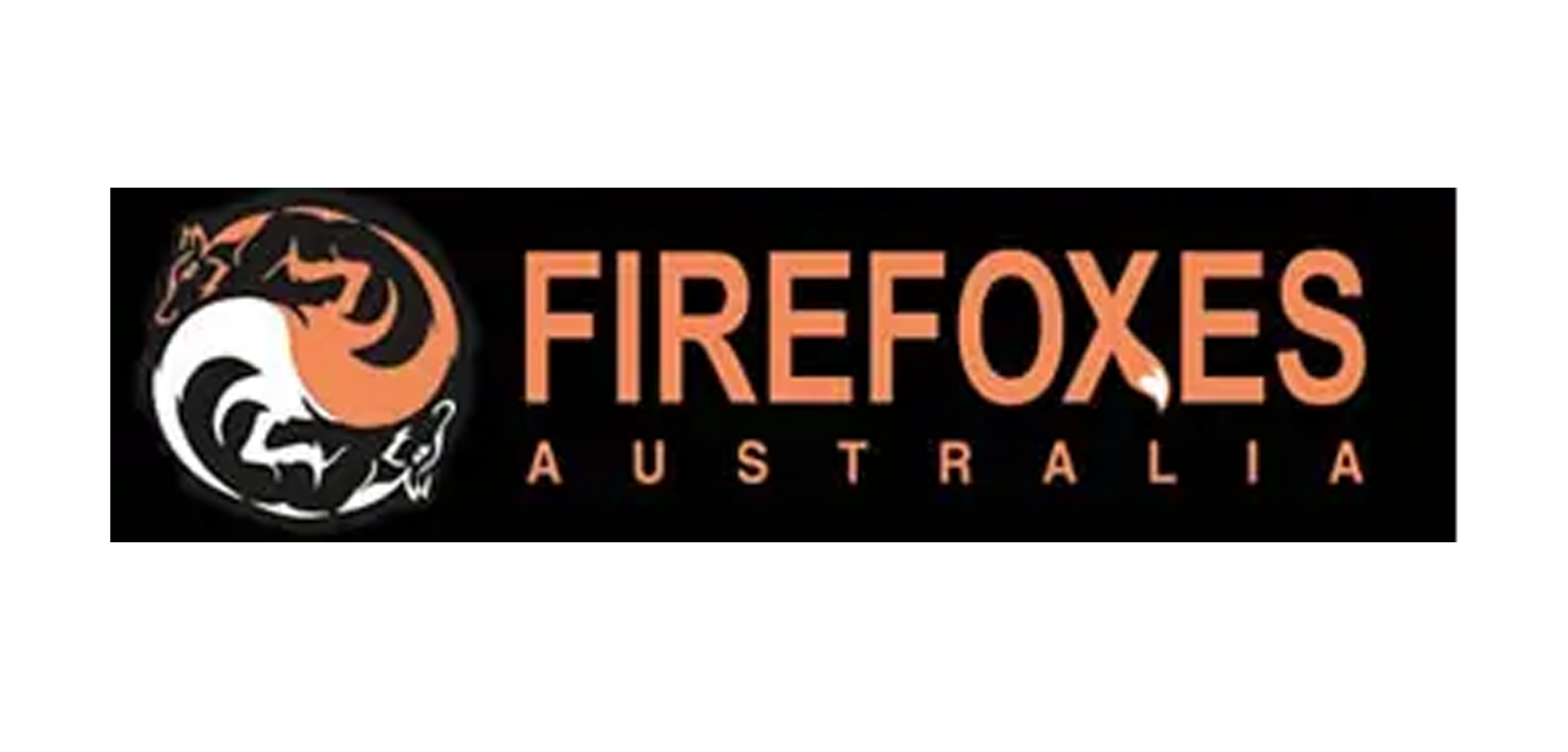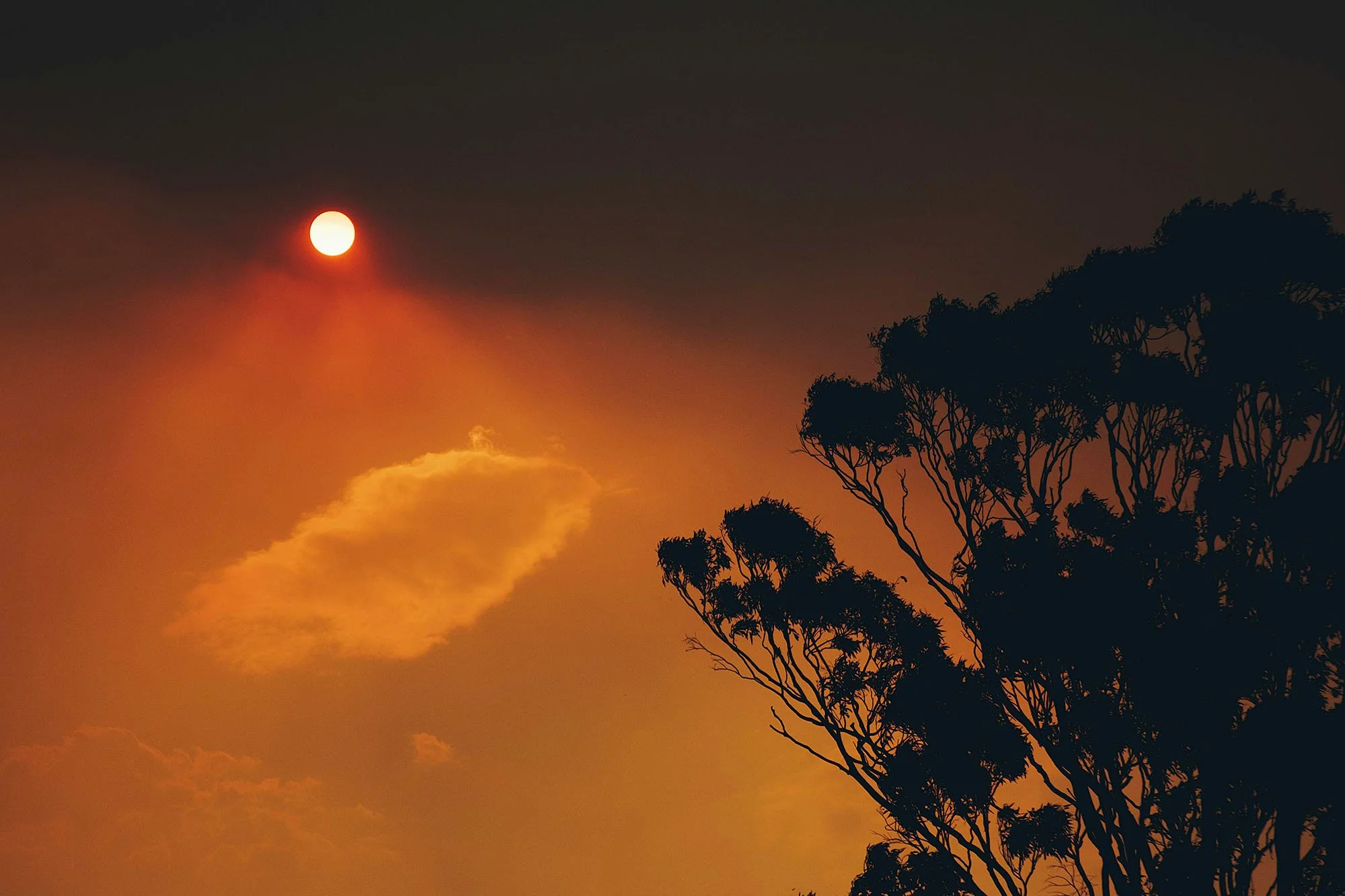
What is the Immersive Bushfire Experience?
An innovative experience aimed at educating and preparing people and communities for bushfires through immersive experiences.
FAQ
General Information
-
The Immersive Bushfire Experience lets you experience what a bushfire might be like in a safe setting. We look at how people make decisions before, during and after a bushfire. We provide ideas on how to keep your thoughts and feelings calm during a stressful situation. We hope that this will help you become more emotionally prepared for bushfires in the real world. We also hope that the Immersive Bushfire Experience will motivate you to:
Make a bushfire survival plan.
Write it down.
Rehearse the plan with every member of your household.
Rehearse the plan under different conditions.
By the end of the workshop, we hope you will:
Understand what emotional preparedness (see below) means and how to improve your own emotional preparedness.
Understand what triggers are in bushfire survival planning, and know your triggers for when to leave when facing bushfire risk.
Know where and how to seek support when needed.
-
Emotional preparedness is how well you can predict and manage your thoughts and feelings during highly stressful situations. During a bushfire there will be lots of factors in the environment around you (e.g., heat, noise, smoke, other people) and inside your mind (e.g., negative self-talk, panic, indecision) that may cause you stress and fear. Being emotionally prepared is about thinking before a bushfire how you might react and having a plan for how to manage your thoughts and feelings. People who are emotionally prepared are more likely to survive a bushfire and recover more easily than those who are not emotionally prepared.
-
Often bushfire plans focus on physical preparations like clearing gutters, slashing paddocks, stocking up on fire-fighting equipment and clearing debris. People who have experienced a bushfire say that they wish they had known before the event how much the bushfire would impact their thoughts and feelings. People who have survived bushfires describe having been overwhelmed by fear and stress – which means they might make poor decisions, make decisions too quickly or slowly, freeze and do nothing, or lose their cool with family members. In the heat of the moment, not being able to settle your thoughts and feelings can be the difference between life and death. Emotional preparedness is just as important as physical preparedness.
-
The IBEF was founded by Carol and Dave Matthews, who survived the Black Saturday fires in 2009. Tragically, their son Sam did not. Carol and Dave have worked tirelessly for over 16 years to advocate for the importance of emotional preparedness in bushfire education. Carol and Dave and their family did everything right to prepare physically for Black Saturday, but they now believe that if someone had spoken with them about emotional preparedness, their son Sam may still be alive. The IBE is dedicated to Sam Matthews and hopes to save other families from the same devastating loss that Carol, Dave and Ellie experienced.
Workshops and Programs
-
Our workshops are for people aged over 15 years old*, including:
Community members in bushfire-prone areas.
Schools and students learning about bushfire safety.
Bushfire educators and emotional services personnel.
Local governments and policymakers.
Researchers focused on disaster preparedness.
* Due to the potential for strong impacts, the IBE Workshop is rated Mature Accompanied (MA 15+) and is restricted to people aged 15 and over. A person may be asked to show proof of age before participation.
-
Workshops typically last between 60 and 90 minutes, based on the audience and discussion depth.
-
Each workshop is tailored to the specific audience. An IBE workshop may include:
A briefing from a clinical psychologist about how to manage your stress and fear before, during and after a bushfire.
Interactive activities about decision-making.
A Virtual Reality (VR) experience, where you wear a VR headset to watch a short scenario of a family on a high-risk bushfire day.
Discussions about the VR experience.
Practical advice on bushfire survival planning and plan rehearsal.
-
We hope that you will go home and feel motivated to write down, discuss and rehearse your bushfire survival plan with every member of your household. We also hope you will start conversations with your neighbours and other community members about their bushfire survival plans and the importance of emotional preparedness. We will check in with you via email or phone four weeks after the workshop to see how you are going. We may also contact you six months after the workshop to see whether your bushfire survival planning has changed at all.
-
To organise an IBE workshop, contact us through our website’s registration form. We customise the experience for communities, schools, and organisations.
-
Yes, the IBE can be scary for some people just as real bushfires can be. We aim to help you feel safe with trained facilitators who can help you process your emotions. Those with past trauma should speak to a GP or mental health professional about their needs prior to signing the online consent form.
-
Yes, we provide online sessions with interactive discussions, storytelling, and preparedness advice. However, the full immersive VR experience is only available in person.
Community Education
-
Communities gain awareness, improved preparedness strategies, and stronger social ties, which are essential for effective disaster response and recovery.
Getting Involved
13. How can I support IBEF?
You can support IBEF by:
Donating to expand our programs and to help us keep Victorians safe during during the bushfire season.
The Foundation for Rural Regional Renewal (FRRR) supports selected, not for profit charitable organisations, helping them to maximise their fundraising dollars. The Immersive Bushfire Experience Foundation (IBEF) through its partnership with FRRR, means that you can make a tax-deductible donation directly to our foundation and FRRR will forward the money into our account. For more information about the work of FRRR their website is: frrr.org.auPartnering with us to reach new audiences.
Raising awareness about emotional preparedness.
Requesting an IBE Workshop for your local community if you are in a high-risk bushfire area.
-
We welcome research partnerships in disaster preparedness, psychology, and immersive learning. Contact us to explore collaboration opportunities.
-
Visit our website for details on upcoming workshops, research insights, and resources on bushfire education.
For any questions, please contact us at contact@ibe.org.au or (+61) 401 649 396
OUR TEAM
Meet the dedicated team behind the Immersive Bushfire Experience committed to making a difference.
-
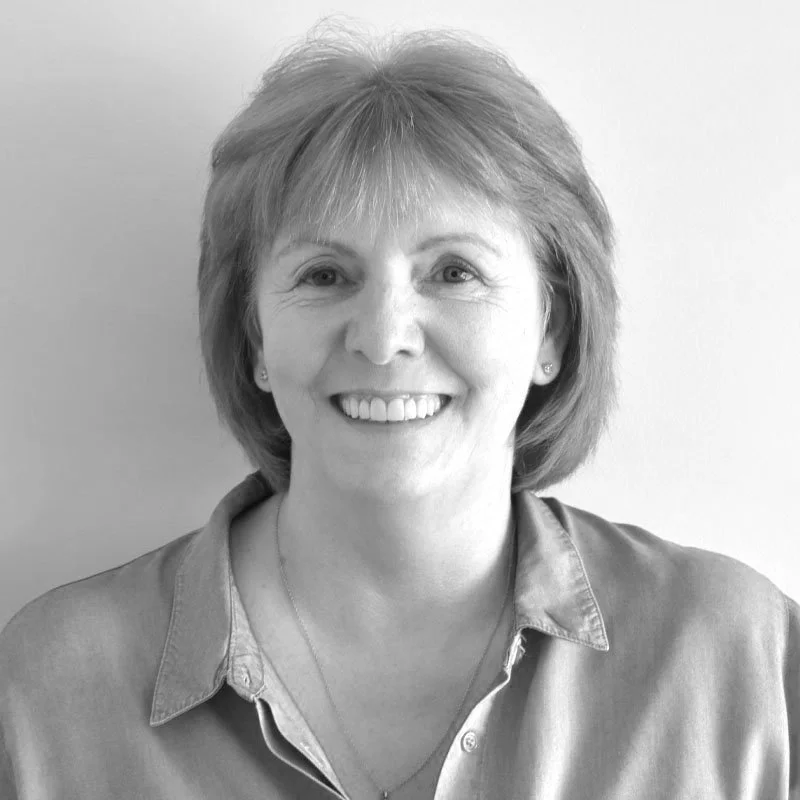
Carol Matthews OAM
CHAIRPERSON
Carol Matthews is a former Teacher of the Deaf and senior public health manager with expertise in early intervention and newborn hearing screening. After the 2009 Victorian bushfires, she played a key role in recovery efforts, advocating for emotional preparedness in bushfire planning. She was the lead litigant in the Kilmore East Bushfire Class Action and co-founded the IBE Foundation in 2019. She became Victoria's Local Hero in the 2019 Australia Day awards. In 2022, she was awarded an OAM for her advocacy in bushfire safety and community mental health.
-
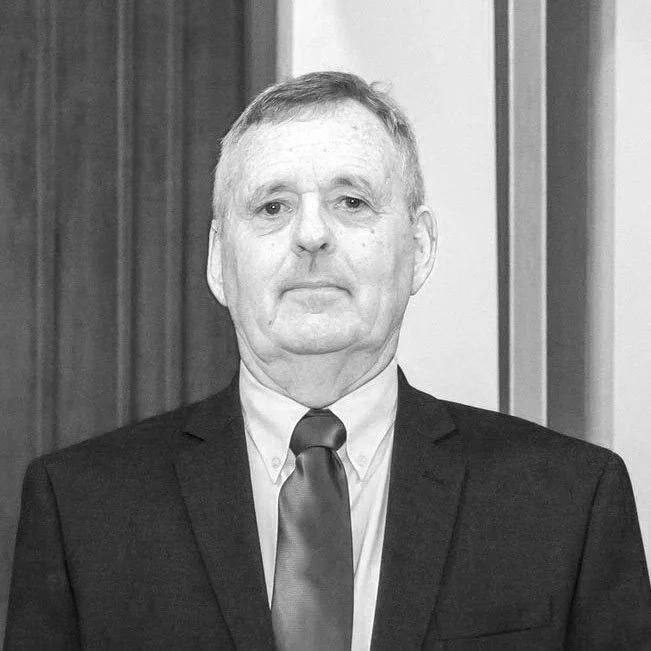
David Matthews
SECRETARY
Dave Matthews is an IT specialist with over 35 years of experience. Following early retirement in 2010, he managed the rebuilding of his family home after the 2009 Victorian bushfires. He co-founded the IBE Foundation in 2019 and serves as its Treasurer, bringing his expertise in project management and systems oversight to support the organisation’s mission.
-
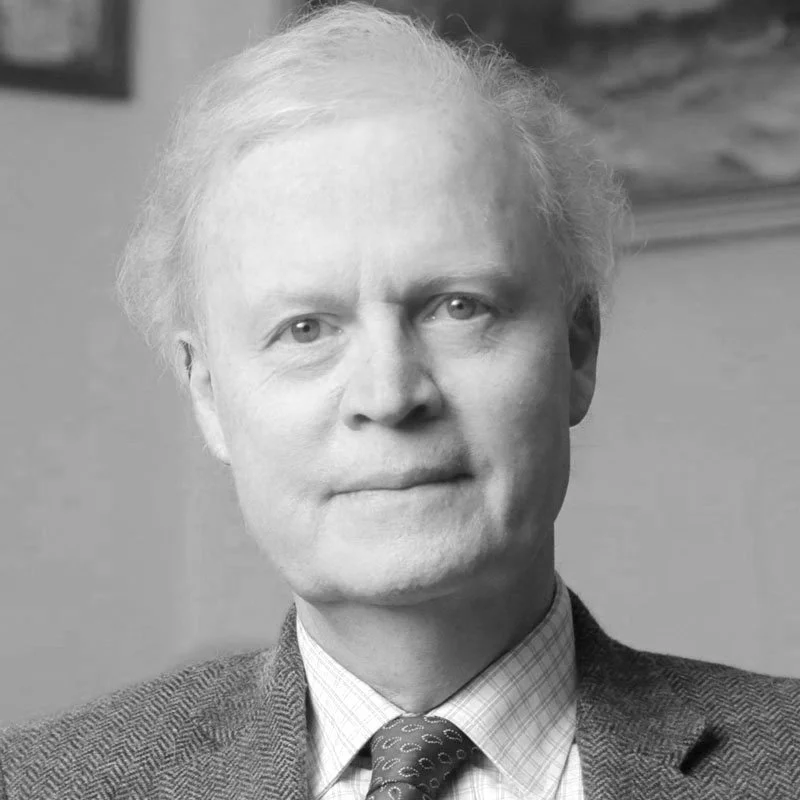
Dr Rob Gordon OAM
VICE CHAIRPERSON
Rob Gordon is a clinical psychologist who has worked in the fields of grief, trauma, stress and work-related trauma for 30 years. He has been a consultant to the Victorian Department of Health and Human Services since 1987, and The Australian Red Cross Emergency Services since 1995. He has worked with individuals and communities affected by natural and human caused disasters and provides regular training and consults to a wide range of government and non-government agencies in the human service fields. He conducts a psychotherapy practice in Box Hill North, in Melbourne. He is President of the Australasian Confederation of Psychoanalytic Psychotherapies.
-
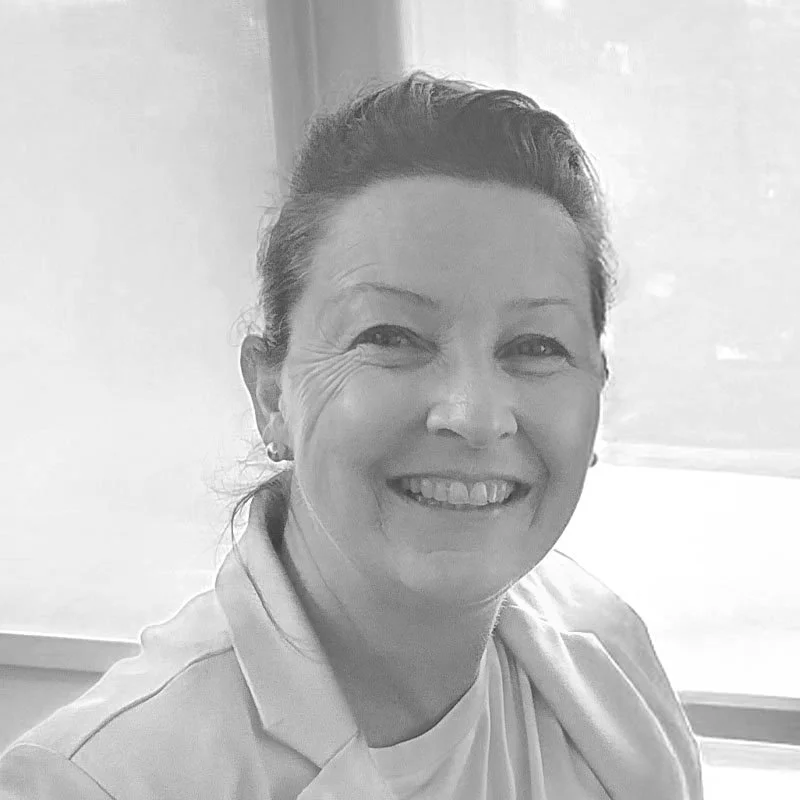
Jemima Richards
CONSULTANT
Jemima Richards is a motivational speaker, trainer, and community advocate with over a decade of experience in resilience and disaster recovery. As co-founder of Firefoxes Australia, she helped establish a grassroots women’s group dedicated to supporting women impacted by the Black Saturday bushfires. Her journey in community recovery has seen her share powerful stories of resilience and emotional preparedness with government, corporate, and community audiences across Australia. Jemima’s work is grounded in real-world experience, empowering communities to rise stronger from adversity and rebuild with confidence.
-

Martina Holland
PROJECT DIRECTOR
Martina Holland is an experienced facilitator and project leader with a background in emergency management, education policy, and community recovery. She has led large-scale initiatives supporting schools and communities impacted by disasters, emphasising emotional preparedness and resilience. Martina brings a trauma-informed approach to her work, fostering engagement and collaboration to strengthen community recovery and preparedness efforts.
-
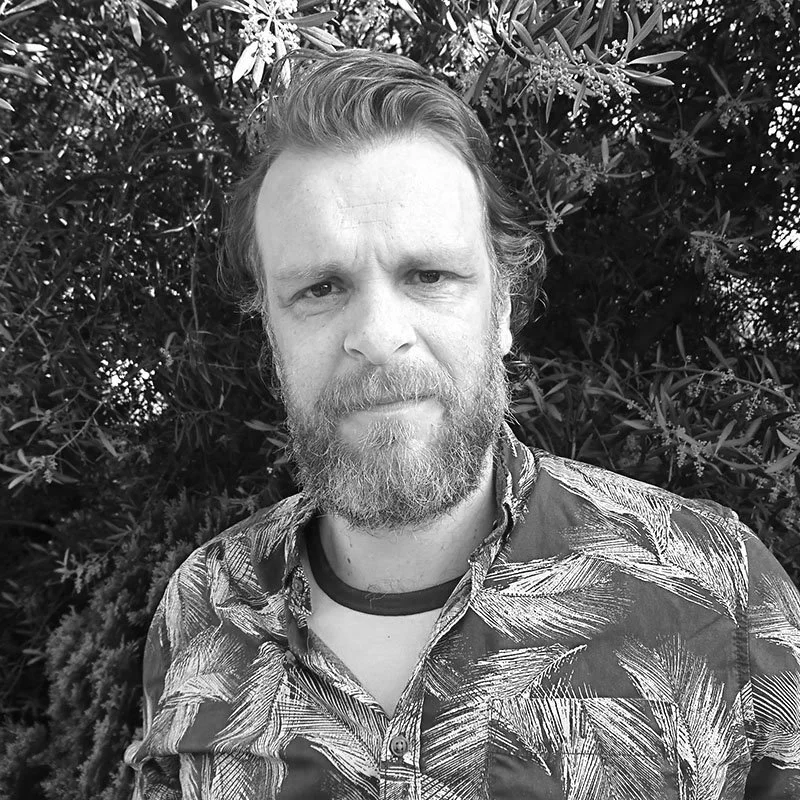
Sam Loy
AUDIO CREATIVE DIRECTOR
Sam Loy is an audio producer making documentaries, radio and podcasts. With a background in youth work and sociology, Sam has a focus on people, culture and the reasons we do the things we do. He has produced work for Beyond Blue, Swinburne University and Diversity Council Australia, and his stories have appeared on the ABC and Radiotopia (USA). Sam approaches his subjects with care and a respectful curiosity, capturing the moments that define what it is to be human.
-

TAM CONNOR
GRAPHIC & WEB DESIGNER
Tam Connor is an award winning graphic designer with 20+ years experience across web, digital and print. For many years she designed interfaces for custom interactive exhibits, including some of Australia’s most innovative immersive experiences and exhibitions. Now she uses her expertise to design for NFPs, small businesses, solo-preneurs and creatives. She listens deeply to her clients to understand their needs and crafts beautiful, fun-ctional websites and print communications. Her clients have reported crying tears of joy on seeing their visions come to life!
DONATE to help keep victorians safe during bushfire season
The Foundation for Rural Regional Renewal (FRRR) supports selected, not for profit charitable organisations, helping them to maximise their fundraising dollars. The Immersive Bushfire Experience Foundation (IBEF) through its partnership with FRRR, means that you can make a tax-deductible donation directly to our foundation and FRRR will forward the money into our account. For more information about the work of FRRR their website is: frrr.org.au
Please click the donate button, if you would like to help us keep Victorians safe during during the bushfire season.
Partners and sponsors
We collaborate with leading organisations, grassroots community groups and individuals to enhance our impact.
REquest a visit
Request a visit from the Immersive Bushfire Experience to your community.


